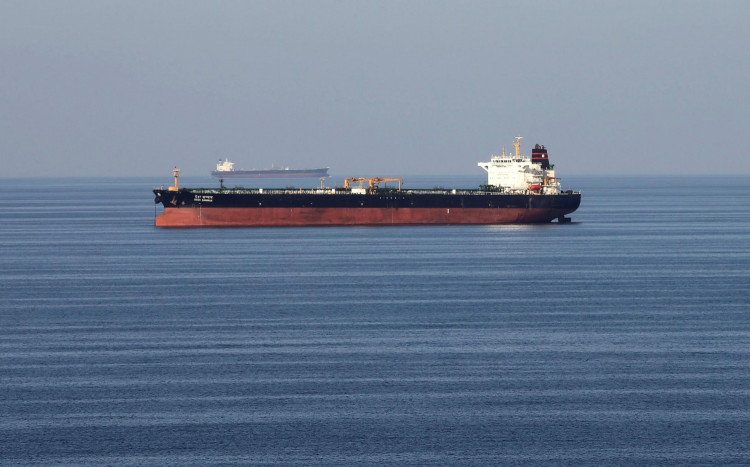This year's tumultuous developments in the Middle East have prompted China to try and revive the Iran nuclear agreement after the US killed the country's top military general.
China could not just take Iran out of the picture, no matter how messy the situation is now for the Islamic Republic and the US. Iran is a very important source of oil for China, the world's biggest importer of the commodity.
However, China seems to have put on a new demeanor: it has significantly cut its imports of crude and oil from Iran during recent months because of US sanctions on Iranian oil exports. China doesn't need Iran's oil, like it did during recent years, analysts say.
Yet, China still wants that steady supply of crude oil from the Middle East - and oil at the right price - so it can go on importing huge volumes of these precious commodities.
Thus, China is urging concerned parties for sobriety in the fragile Middle Eastern theater, and states it is doing everything it can to save the nuclear deal between Tehran and Washington.
After the US backed out from the nuclear deal and re-imposed sanctions on Iran's oil exports, Russia, China and Europe opted to stay put.
At a press conference earlier this week, Geng Shuang, a spokesman for China's foreign ministry, said the killing of Iran's most powerful and visible military leader, Qassem Soleimani, forced Tehran to scrap its vows in the deal, but it showed restraint and willingness not to violate its non-proliferation obligations.
In a telephone conversation with Iranian Foreign Minister Javad Zarif, Chinese State Councilor and Foreign Minister Wang Yi said the Iran nuclear deal - commonly known as the Joint Comprehensive Action Plan - is a "crucial pillar for Middle East peace and stability."
Analysts said the Middle East is nothing but stable at the moment, with the US-Iran tension reaching fever pitch late Tuesday after Iran launched a missile attack at US bases in Iraq, in a clear response for Soleimani's assassination.
China is involved in continuous oil flow from the Middle East as a major customer of the region's oil. Any threat to supply, therefore - whether at facilities or along shipping lanes, including the world's largest oil chokepoint, the Strait of Hormuz - could pose a serious threat to China's oil imports as well.
China may have cut oil imports from Iran, but it still relies on oil producers from the Middle East for a large part of its oil imports.
In October, the world's largest oil exporter and the bitter rival of Iran in the Middle East, Saudi Arabia saw its crude oil sales to China grow by 76 percent year on year, driven by rising demand and US sanctions limiting Chinese crude imports from Iran and Venezuela.
Chinese oil imports from Saudi Arabia soared to new peaks in the January-November period, rallying 53 percent year-on-year, based on figures released by Chinese Customs data.






